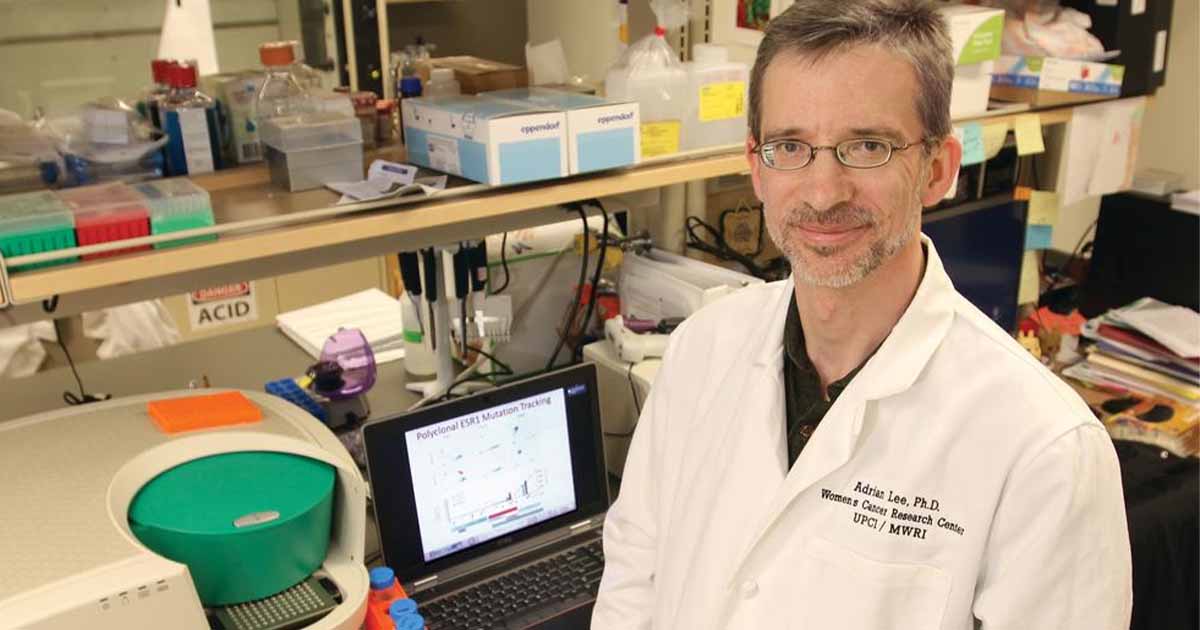American war veterans and reservists commit suicide every day in the United States as a result of mental health damage sustained in deployment. A fledgling program is aiming to help those veterans heal and into health IT careers.
“The only number you need to know is 22,” said Will Beiersdorf, of the number of reported daily suicides by war veterans.
Beiersdorf, the director of Rush University Medical Center’s Rush Center for Veterans and their Families, and Jaime Parent, associate CIO and vice president of information services at the medical center, spoke Monday about the “invisible wounds” suffered by veterans and Rush’s Chicago-based program to help them.
Veterans face a host of obstacles to getting themselves back on track after returning from a tour of duty, explained Beiersdorf. Those obstacles include post-traumatic stress disorder, brain damage, depression, lack of job skills, military sexual trauma, a feeling of disorientation returning to the civilian world, long waiting lists to get mental health care and even longer waits to get a disability rating. Sometimes these obstacles seem so overwhelming, a return to battle is less daunting.
The Rush program aims to fill the gap of need, Parent said. It aims to give hope.
Veterans come in and get “fixed up” first in the mental health aspect of the program, called Road Home. Then they progress to the En-Abled program, which teaches them everything from basic IT skills to how to write a resume and stand out in an interview.
Veterans already have all the traits employers are looking for: loyalty, honesty, integrity, and a sense of social responsibility, to name a few, Parent said. “They just need a little help to build that bridge to employability. And the healthcare community is prime for that."
The project, which kicks off officially next month, is so new that it doesn’t have federal backing yet. However, they are seeing increased interest from private health IT industry companies. They hope to be able to expand it and take nationwide.


